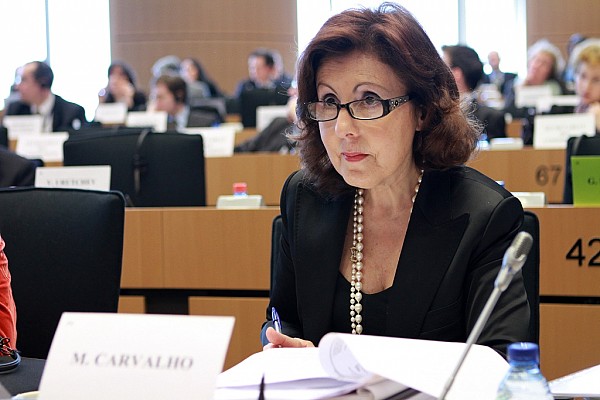Press Women in Science
The subject of this article is the distinct perspective of women working in the world of science and the way in which H2020 might contribute to gender balance. The world of science and scientific research is often perceived as male dominated. However, there are considerable reasons for optimism when considering the leaps and bounds with which women have entered and contributed to the world of science over recent years.
Nevertheless, although much has changed, women in science still come up against a glass ceiling and comparatively few occupy positions of responsibility as project leaders, for instance.
We urgently need to ensure that women receive just recognition including in terms of a reduction in salary differentials and the overcoming of inequalities in terms of career expectations.
In this respect, Member States should seek to develop initiatives and good practices on recruiting, retaining and promoting women in science as well as on promoting family-friendly policies.
In the European Parliament we have made strenuous efforts to ensure that H2020 will promote equality between men and women in research and innovation, by addressing in particular the underlying causes of gender imbalance and by exploiting the full potential of both female and male researchers. This also involves a conscious drive to integrate the gender dimension into the content of projects, from inception, through implementation to evaluation, including through the use of incentives, in order to improve the quality of research and stimulate innovation.
Sustainable growth in Europe will mean benefits for the population of Europe as a whole and an economy that is able to employ both men and women on an equitable basis. H2020 has been designed with this goal in mind.
Read article here
